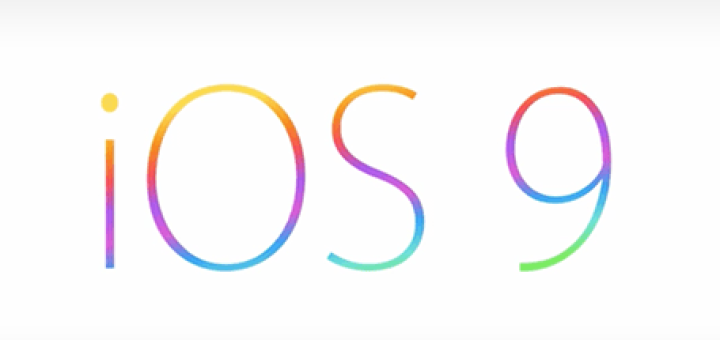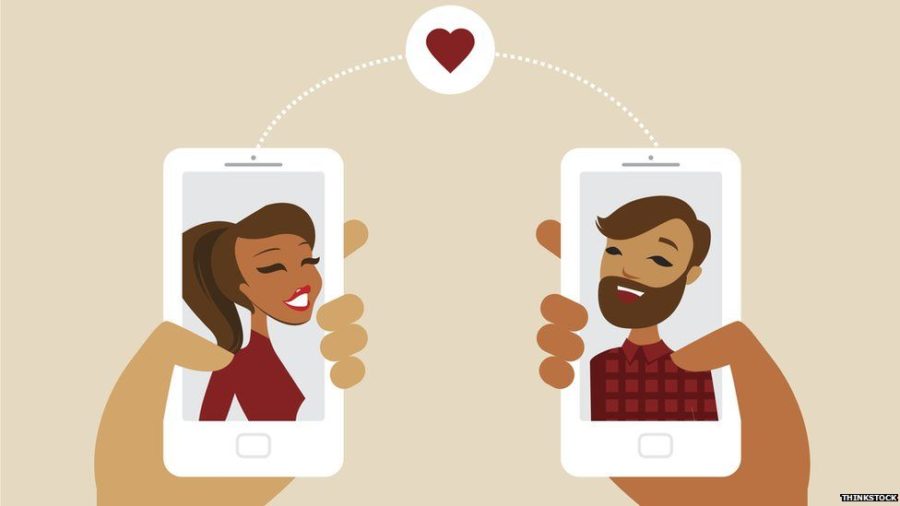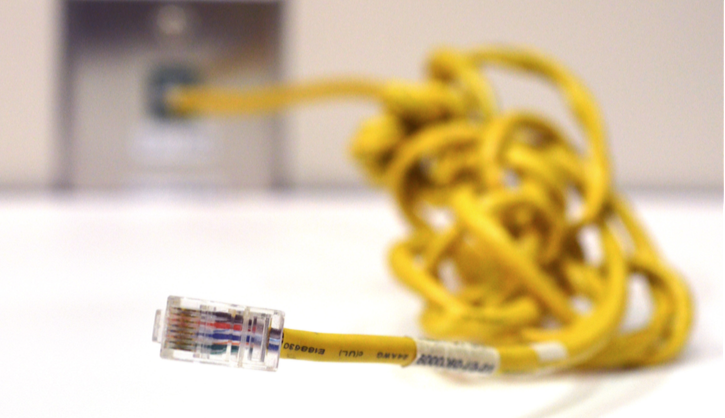On Wednesday, Sept. 16, Apple released iOS 9 to largely unfavorable reviews.
The new operating system boasted several overhauled—if not entirely new—features that allow Apple to compete with rival platforms, including a more intelligent Siri and Spotlight search, a built-in news reader and an improved Notes app.
The update also included some “bloatware” apps that were previously only available as optional downloads from the App Store but that now come pre-installed on devices and cannot be removed by users.
Two apps in particular, “Find My iPhone” and “Find My Friends,” have been the subject of some controversy for their tracking abilities.
Of these, “Find My iPhone” has proven to be particularly worrisome. The app tracks misplaced or stolen devices and shows their exact location with GPS technology, allowing those desperate to recover devices the option to confront thieves themselves.
“This is a new phenomenon—it’s not simply running after the person to grab the phone,” said George Gascón, San Francisco district attorney and former police chief, to the New York Times. “It opens up the opportunity for people to take the law into their own hands, and they can get themselves into really deep water if they go to a location where they shouldn’t go.”
According to a Consumer Reports survey, smartphone theft rose to a staggering 3.1 million in 2013. If all victims were to take matters into their own hands, the implications could be dire.
Nevertheless, some consumers are more concerned about the tracking technology itself, which Apple also uses in several of its apps, location-based or otherwise. Skeptical users have no problem letting Apple know of their suspicions.
“I think cell phone tracking is a horrible violation of privacy,” said sophomore English licensure major Lindsay Patorno. “It truly (infringes) on one’s rights.”
Apple has addressed the concerns in a Frequently Asked Questions section on its website.
“Apple is not tracking the location of your iPhone,” Apple said. “The iPhone is not logging your location. Rather, it’s maintaining a database of Wi-Fi hotspots and cell towers around your current location, some of which may be located more than 100 miles away from your iPhone, to help your iPhone rapidly and accurately calculate its location when requested.”
The information is far from reassuring, especially because Apple declined commenting on third-party developers.
Manually disabling location services, then, appears to be the safest option for users who are concerned about invasion of privacy.




































